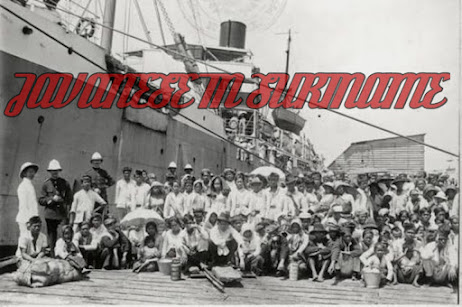Boso Walikan is a Part of Malang
Boso Walikan is a Part of Malang
Malang is one of the big cities that is very unique and diverse. Many cultures were born in this city. Malang is also famous for its typical food and drinks and many people like. In addition to poor food and drinks, it also has unique characteristics, one of which is boso walikan. Boso Walikan is one of the language used a upside down way which is why the language is known as. Boso walikan is a characteristic of the city of Malang, East Java, Indonesia. This language still exists in the midst of Malang Society and is a differentiator from other regions.
The history of boso walikan itself according to historical observers from Malang State University began with the guerrilla period against the Dutch colonialists at that time, precisely during the struggle of the City People's Guerrilla (GRK). At that time the indigenous people used boso walikan as a code language and as their identity. Their fear of Dutch spying became the background for the creation of boso walikan. The figure who became the pioneer of boso walikan was Suyudi Raharno or one of the fighters at that time.
Boso walikan is more famous among poor young people and its surroundings. You could say this walikan language is a slang in Malang. Basically, the daily language in Malang is Javanese, therefore, this walikan language is more dominant Javanese language that is reversed. Unfortunate people usually use boso walikan to familiarize themselves with fellow Malang people who are not yet known. One example is when friends visit Malang, they will often hear the words "sam" and "umak", these two words are other forms of "mas" and "you" that are commonly used in conversation.
·
Mbois : keren/ cool
·
Ilakes : sekali/ really/so
·
Nganem :
menang/ victory
·
Umak :
kamu/ you
·
Ayas :
saya/ i/me
·
Nawak :
kawan/ friend/buddy
·
Ladub :
budal/ go/leave
·
Nuwus :
suwun/ thanks
·
Nakam :
makan/ eat
·
Oyi :
iyo/ yes/yeah
·
Kera :
arek/ kids/friends
·
Kodew :
wedok/ girl/women
·
Nganal :
lanang/ boy/men
·
Tahes :
sehat/ healthy




Comments
Post a Comment